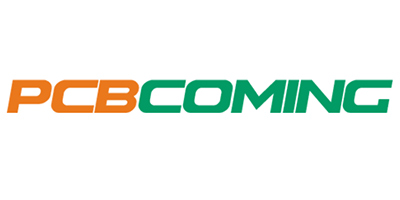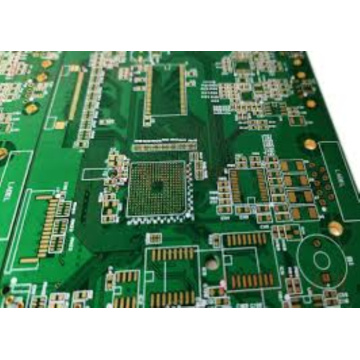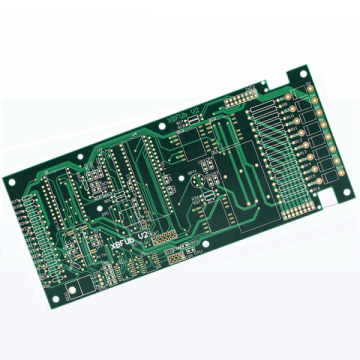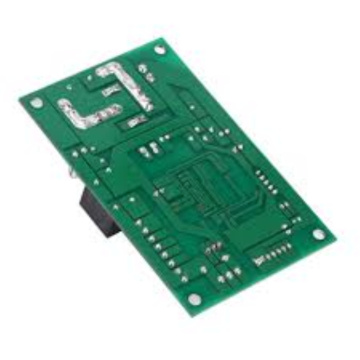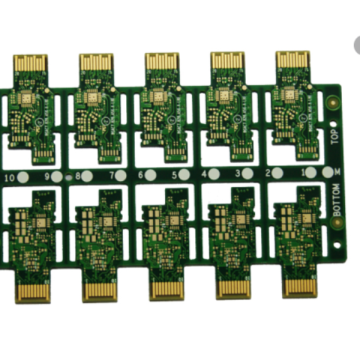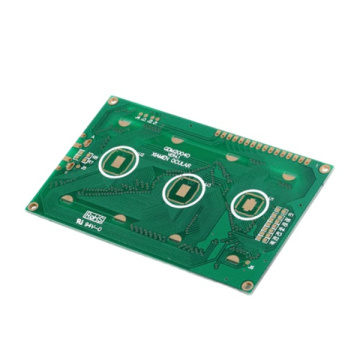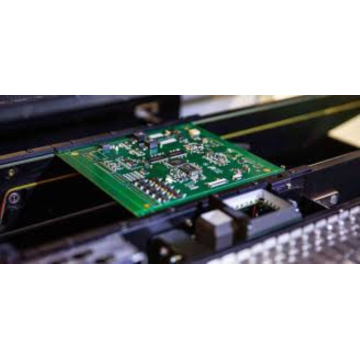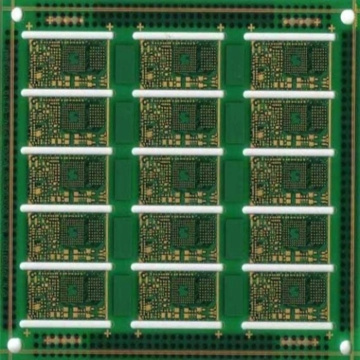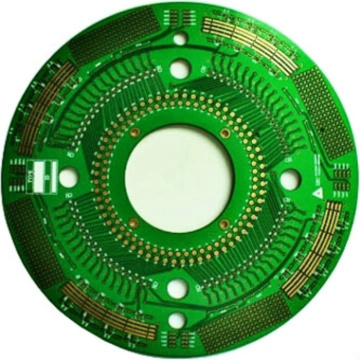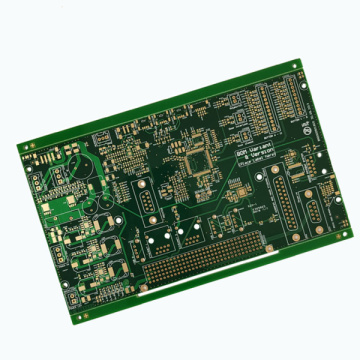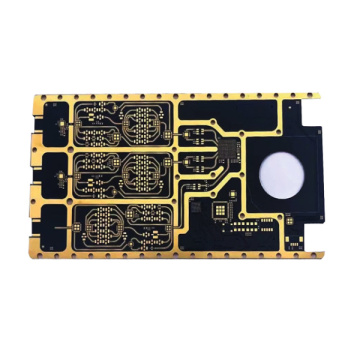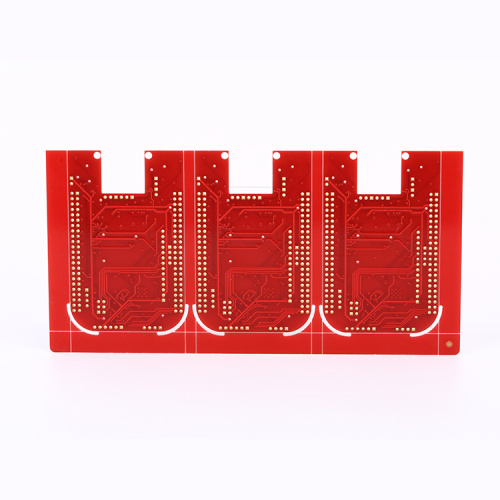
heating pcba pcb control board for electric fireplace
-
$9.90≥1 Piece/Pieces
- Min. Order:
- 1 Piece/Pieces
- Min. Order:
- 1 Piece/Pieces
Your message must be between 20 to 2000 characters
Contact Now
What is through hole PCB assembly?
The printed circuit board assembly (PCBA) can realize the close connection between the bare PCB and the Electronic Components, so as to fully realize the corresponding electrical functions, and finally play its own role for the reliability of electronic products.
So far, two assembly types are common in the electronics manufacturing industry: SMT&Through-Hole Assembly. They have been widely used in PCBA process and have their own advantages or technical fields. Choosing SMT or THT plays an important role in manufacturing efficiency and cost, and their use is directly related to PCB component packaging.
through-hole PCB assembly
• Definition of through-hole PCB assembly
Through-hole PCB assembly refers to the process of soldering through-hole components to the bare board by wave soldering or manual soldering. The component leads pass through the holes of the PCB board.
• Application of Through-Hole Assembly
Through-hole components (THC) are suitable for high-reliability product layers that require stronger bonding because they can withstand higher environmental pressures, and the wires pass through the board holes. This is the wide application of THT that may suffer from military and aerospace The main cause of the product is from extreme acceleration, collision or high temperature. In addition, through-hole technology is also popular for testing and prototyping, sometimes requiring manual adjustment and replacement.
•Through Hole Components
There are two types of through-hole components: axial lead components and radial lead components. The axial lead component contains a straight line with its terminal passing through the component. In the THA process, the two ends of the lead pass through a hole on the circuit board, making the component closer to the circuit board and flatter. The figure below shows a typical axial lead component.
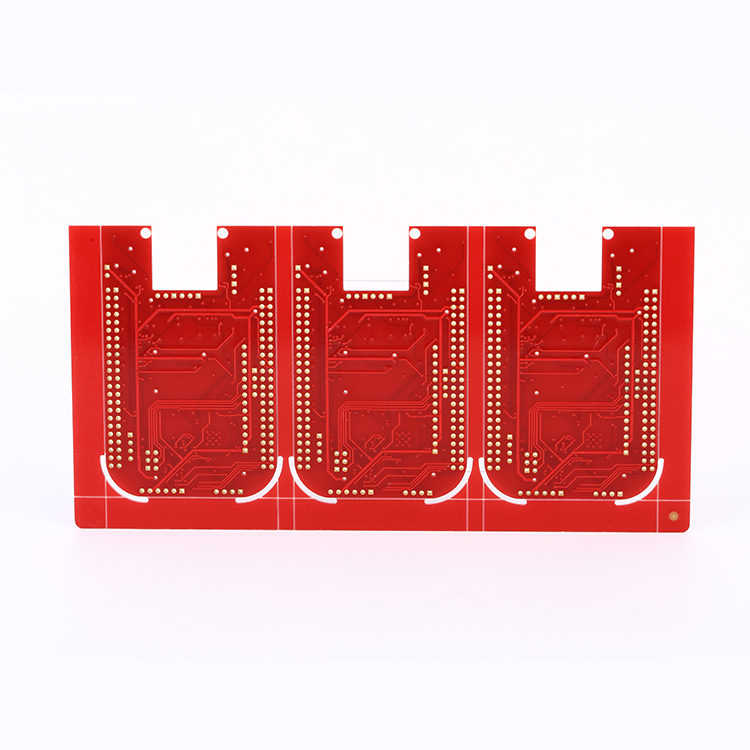
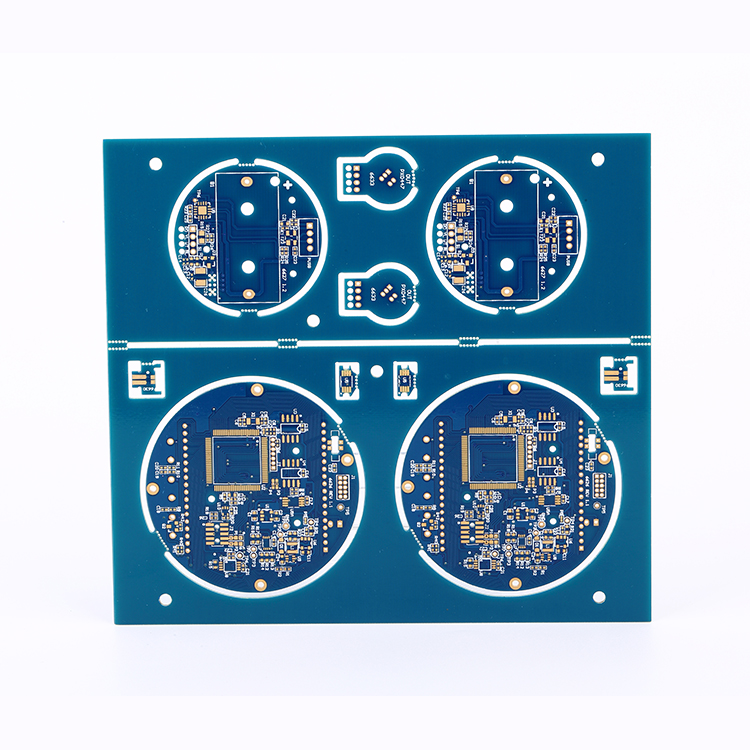
• The advantages and disadvantages of Through-Hole Assembly
Through-hole installation shows stronger mechanical bonding and is suitable for products that are prepared to withstand mechanical stress. In addition, the through-hole assembly is easy to manually adjust and replace, and it has been widely recognized through testing and prototyping.
Because the through-hole component leads through the holes on the board is very time-consuming and leads to higher costs. Through-hole mounting also limits the wiring space of a multilayer PCB, because the drill holes must cover all layers of the circuit board.
When it comes to through-hole mounting, wave soldering or manual soldering, reliability and repeatability will all be challenged by reduced manufacturing efficiency.
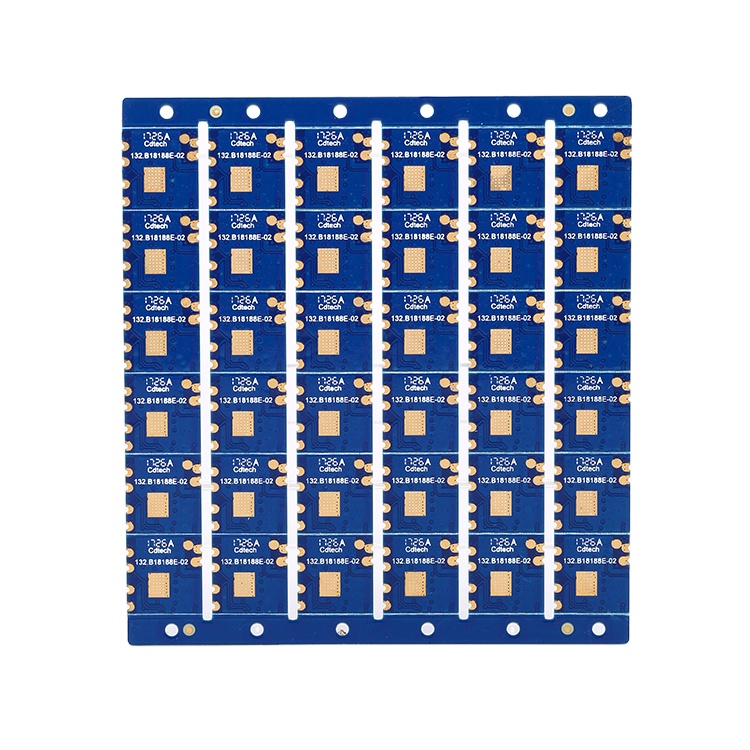
Related Keywords

